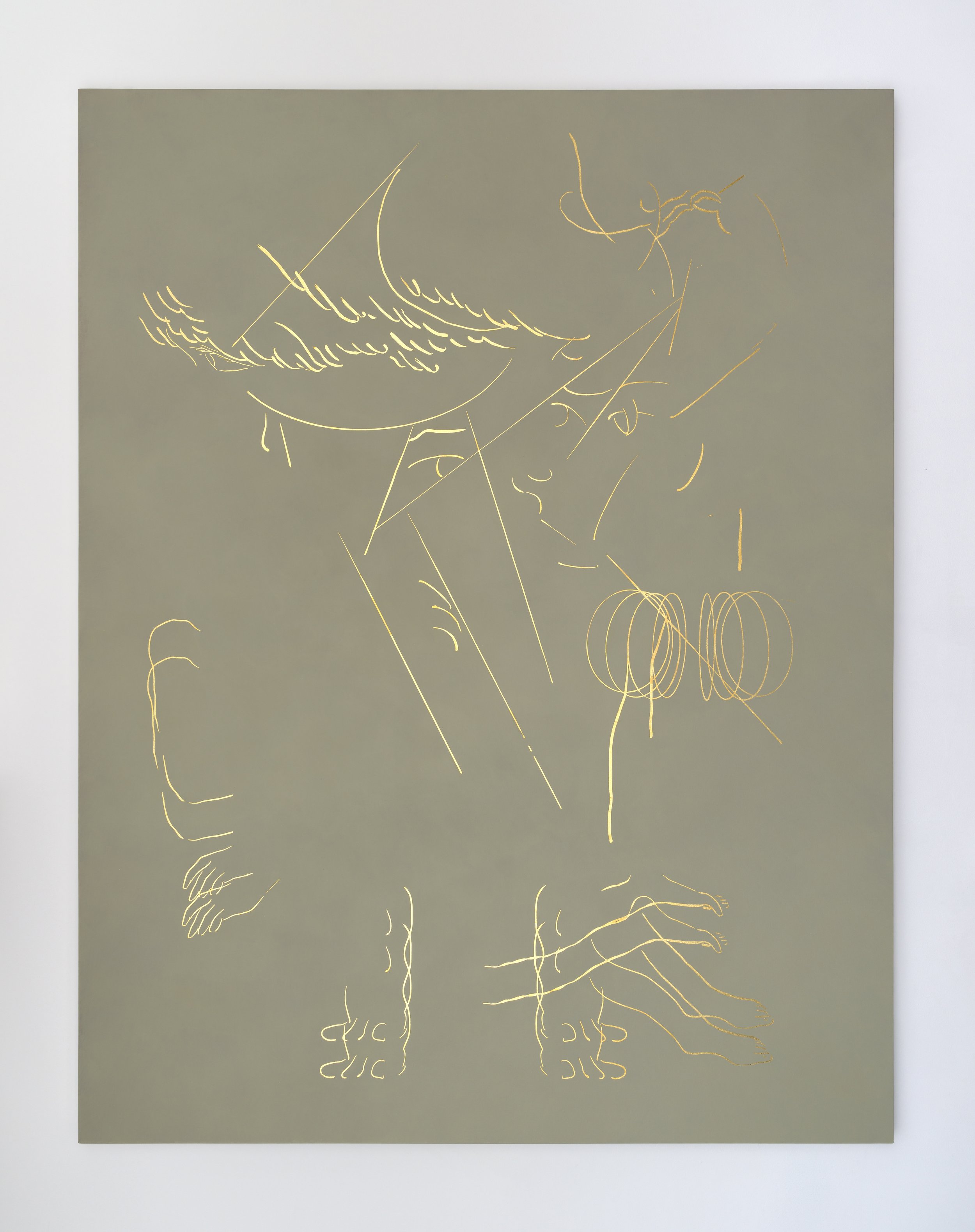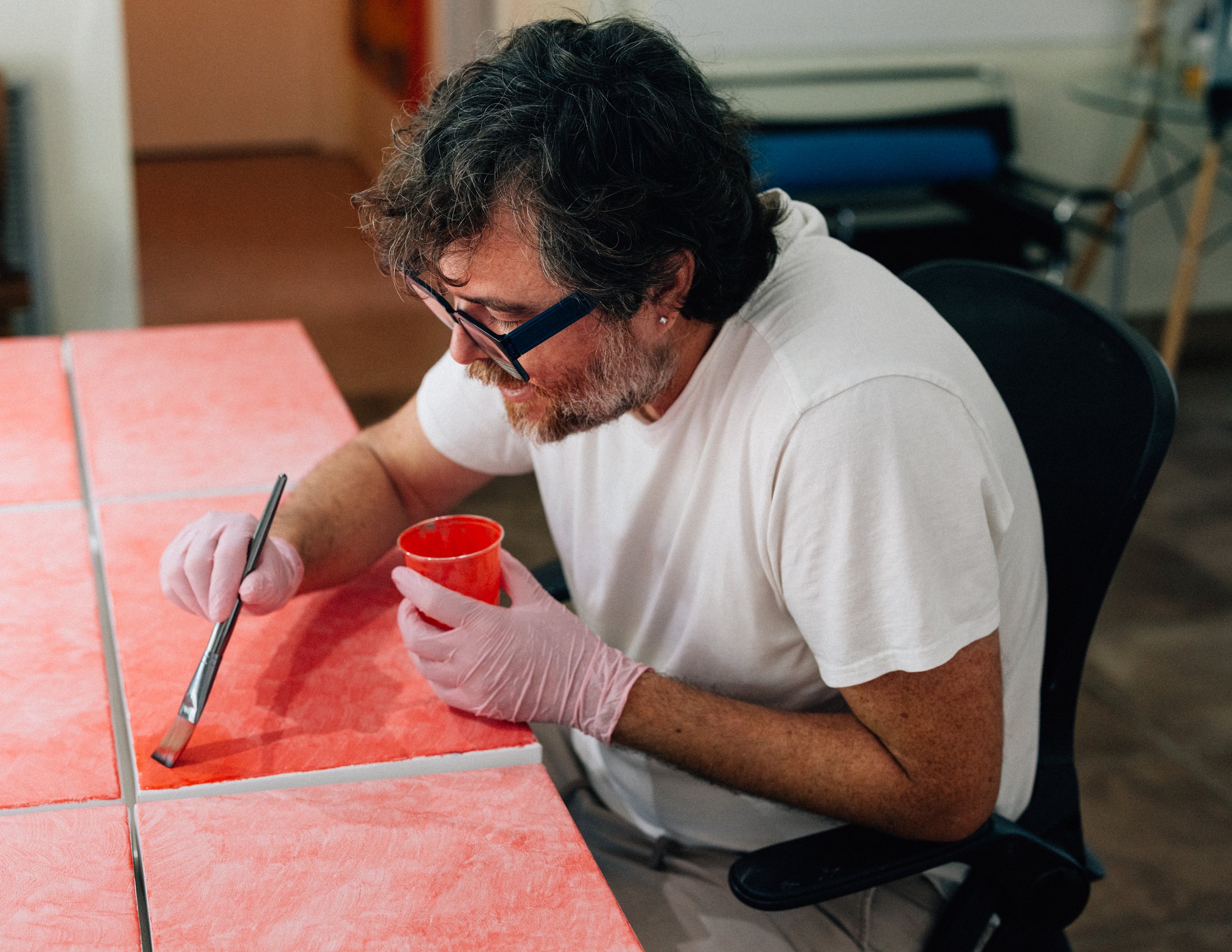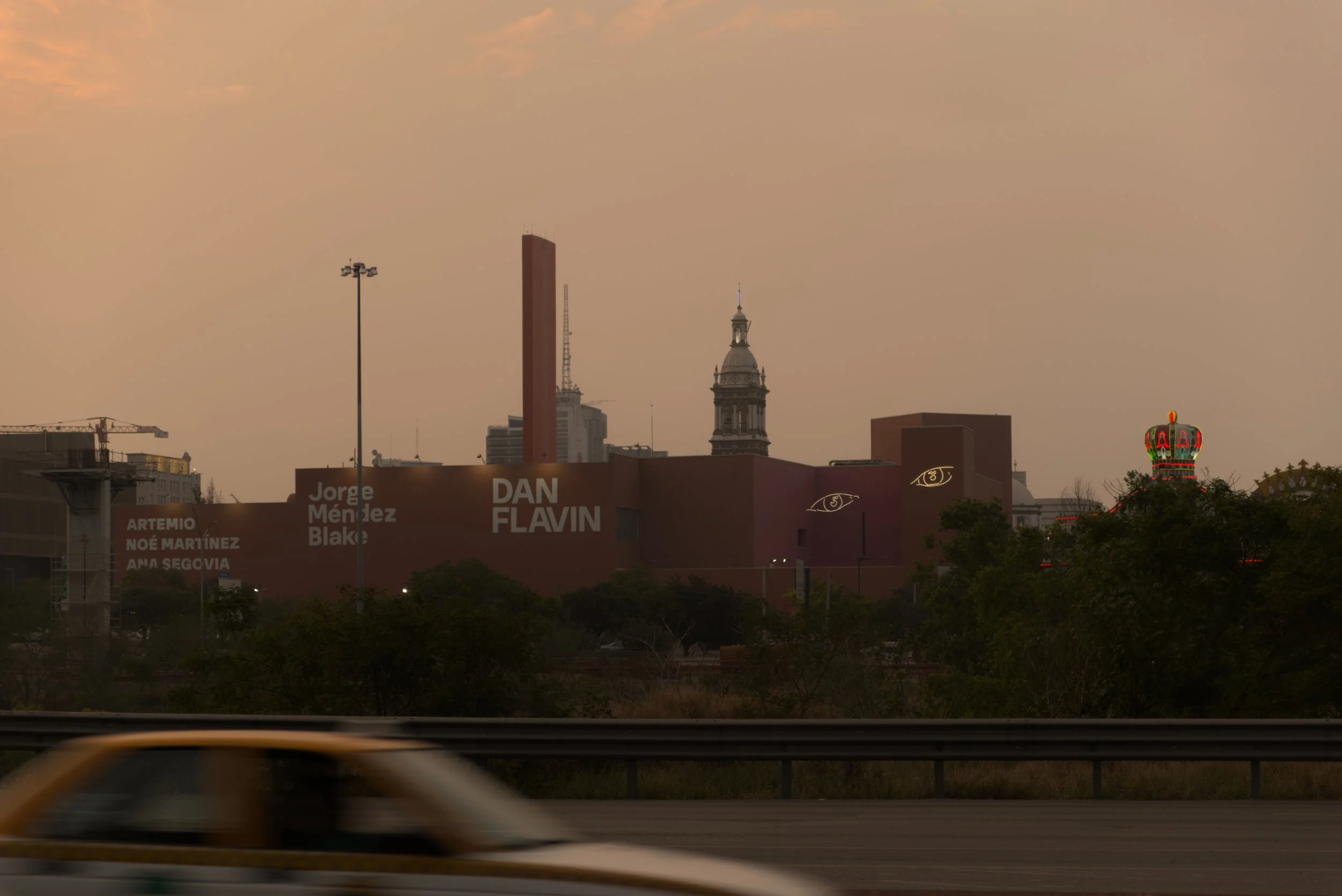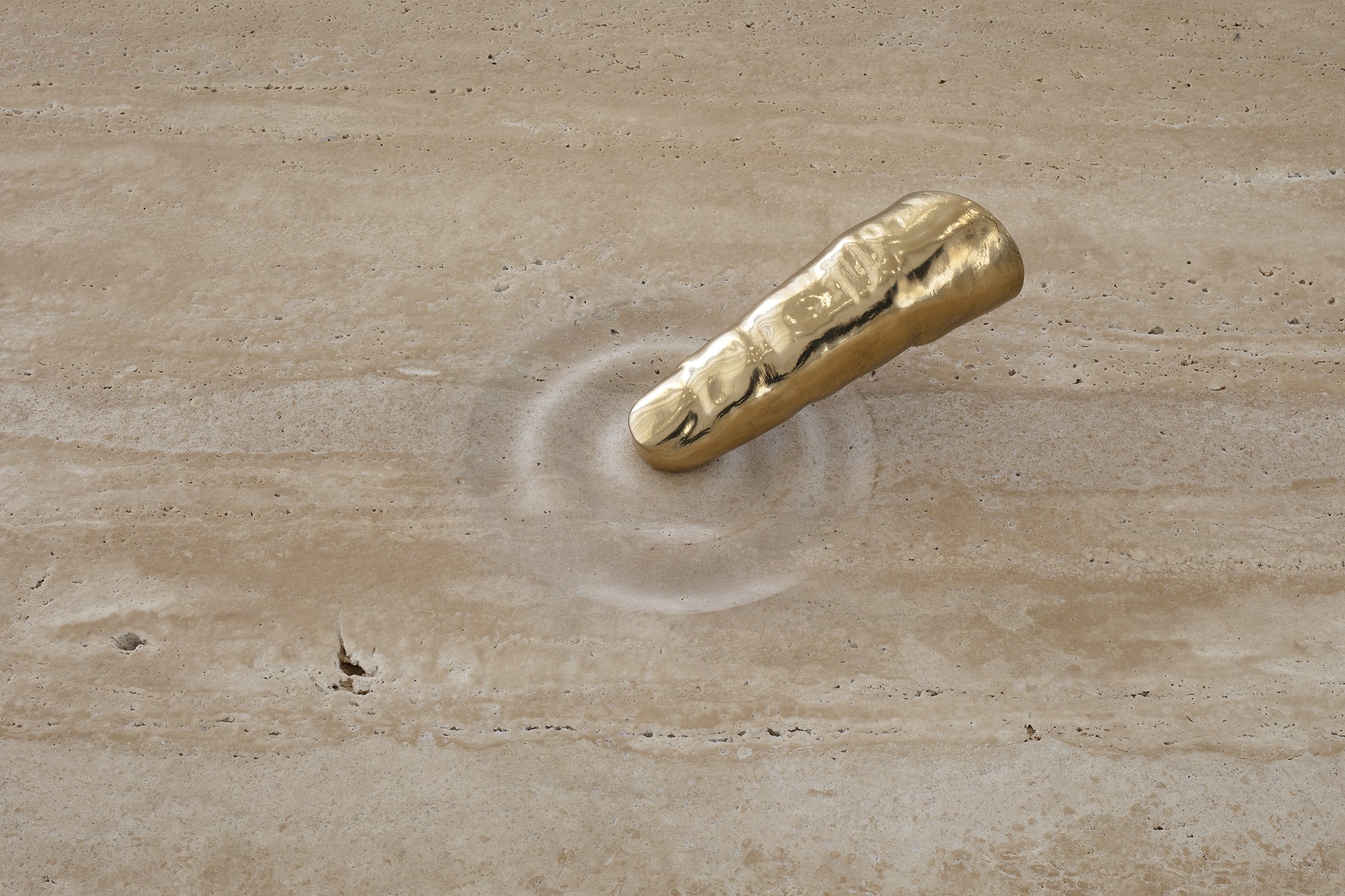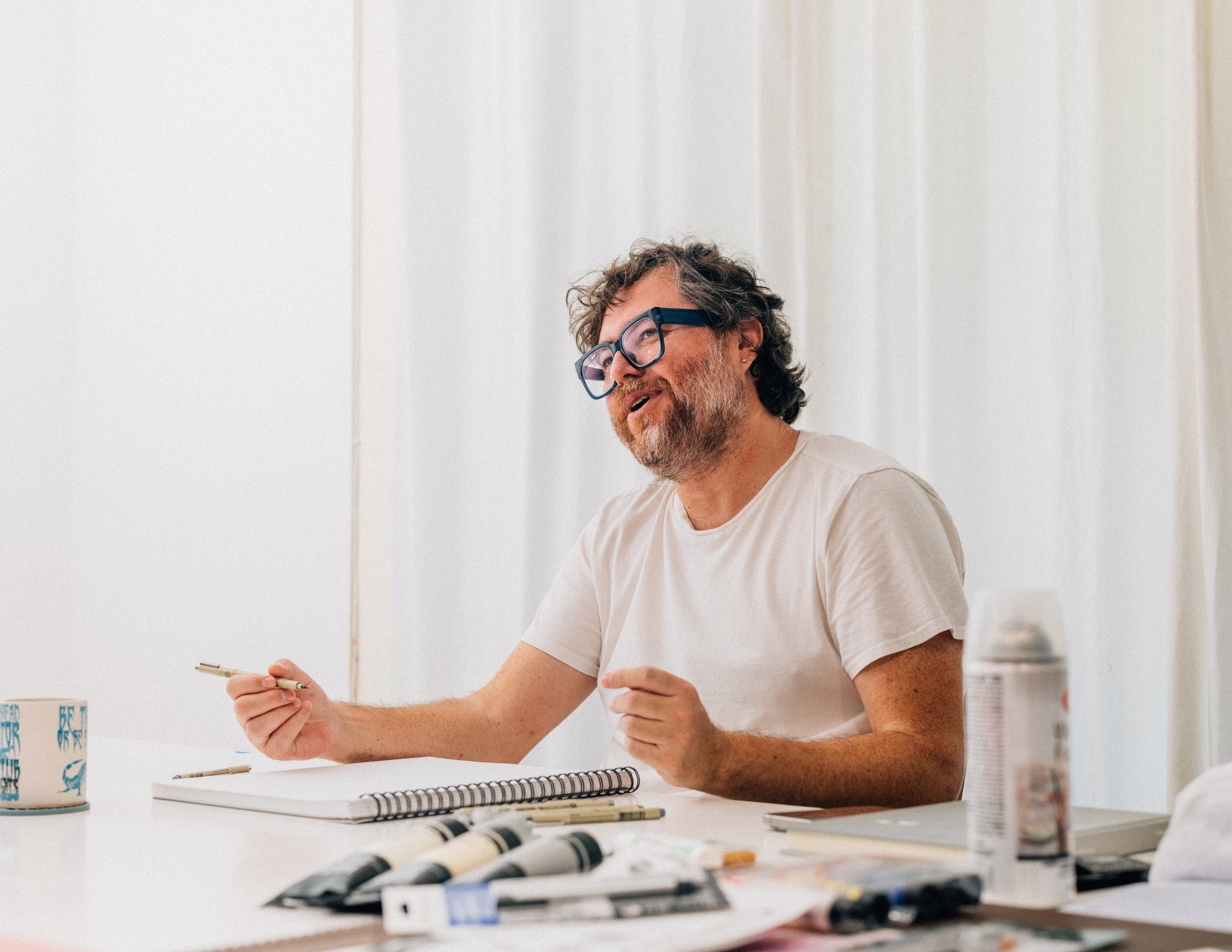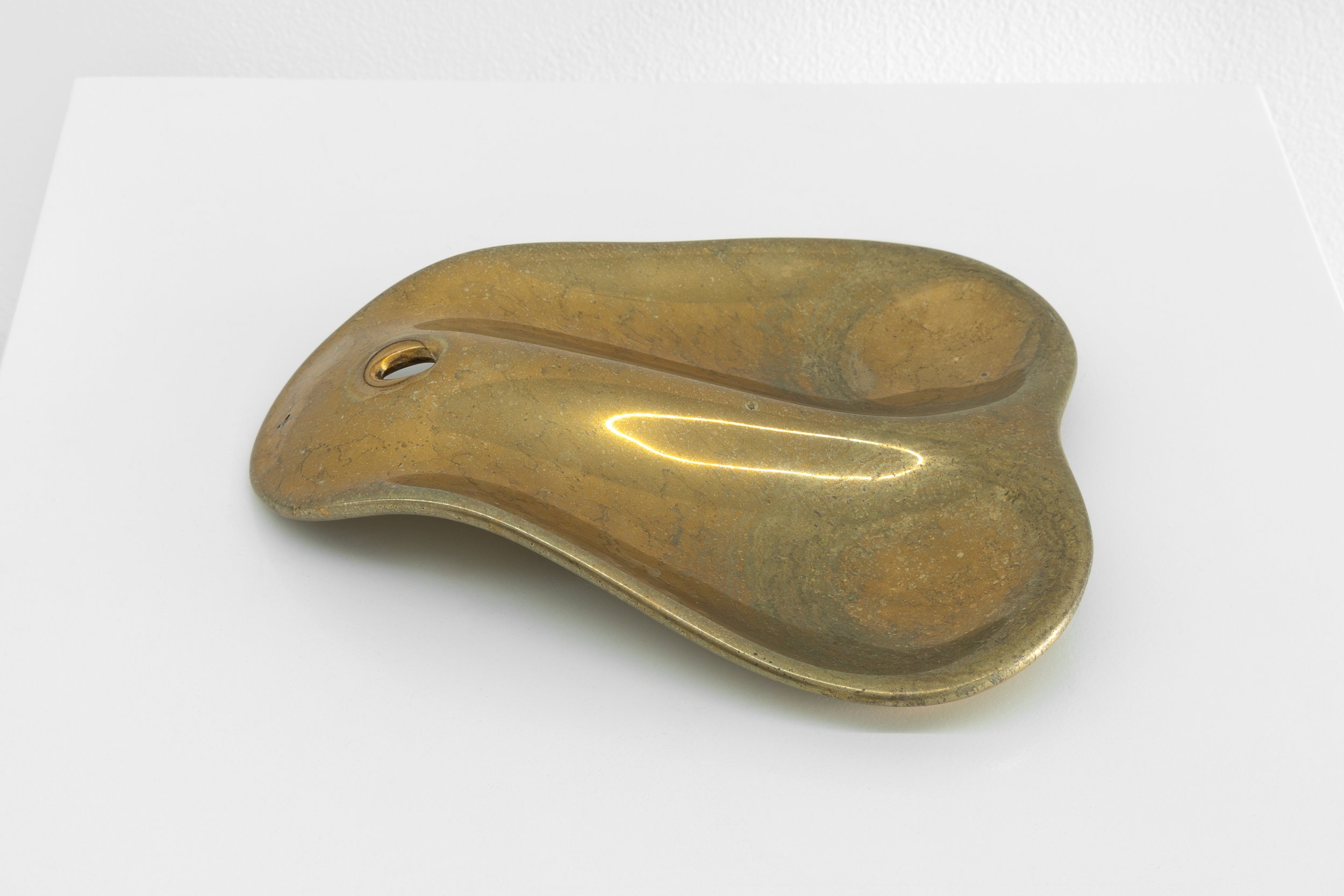November 2024
Leo Marz
Film directed by Alexa Caravia for Fountainhead Arts
Leo Marz’s extensive multidisciplinary practice encompasses painting, sculpture, drawing, installation, performance, public intervention, video, and sound. His work is defined by a quest to understand the way we develop notions of reality, specifically our perception of it in relation to technology. Grounded in observation, like a stream of consciousness, he draws and documents meditations of passing scenes as a foundational component of his process. Through his drawings, we can witness the relationship between objects, subjects and spaces, which allows him to recontextualize the flux of continuity, materialize history and speculate with fixed assumptions of the present.
In tracing history and imagining future ideas, Marz makes time visible: Whether by completing a painting throughout its display, where new details are appearing or disappearing; or by switching out works in an exhibition, having installations slowly altered. Marz is also interested in collapsing our perception of reality into scale, reflecting on how objects we might see on a computer or a screen change dramatically when viewed in real life. In physical space, scale changes perception; Marz is intrigued by how we might question reality in an increasingly digital world.
For him, the use of the line acts as a boundary that suggests forms in dialogue, yet they retain their coherence as individual units. Marz intentionally composes his paintings in a fragmented, layered, and displaced manner, mirroring the temporal and spatial complexities of reality. In his recent work, he creates indecipherable scenes and fragmented intuitive corporealities that place the body in an era of technological confusion. The theatricality of these barely perceptible scenes and gestures resonates with minimalism and a profound study of the line.
Marz interjects a narrative throughline between individual moments, analyzing recognizable cultural references and shifts in perception as generations may interpret their significance in different ways. They also build the basis for his paintings and installations. When drawing, he often places himself mentally 100 or 200 years ahead into the future. What observation would he make about the past and present if he was living in the future?
Across his works regardless of medium, Marz gains and communicates a deep understanding of materiality, a conceptual view of time, and cultural and historical contexts that he combines and follows along a path into the future-past.
Words by Heike Dempster
